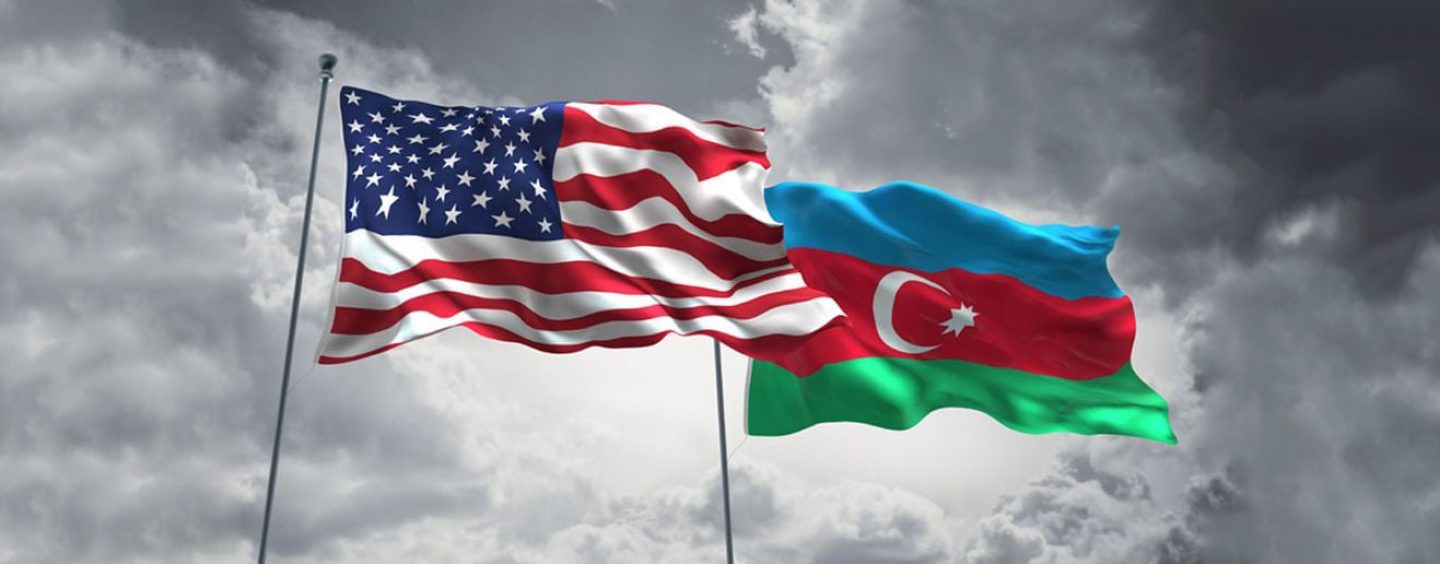By Tomris Azeri, President of Azerbaijan Society of America (ASA).
The signing of the historic peace deal between Armenia and Azerbaijan at the White House marks more than just the end of a long-standing conflict, it marks the beginning of a new era.
For Azerbaijanis around the world, especially those in the diaspora, this moment presents a profound opportunity and responsibility: to champion the benefits of peace and become advocates for a shared future built on cooperation, not conflict. For decades, the South Caucasus was mired in tension. War over Karabakh displaced hundreds of people, tore families apart, and fueled decades of mistrust between neighbors. The region became a symbol of unresolved pain and political stalemate. Travel was restricted, borders were militarized, and any hope for normalcy seemed out of reach.
While Azerbaijanis around the world are celebrating the White House-brokered peace deal as a long-awaited victory, the Armenian American community has reacted with deep skepticism and concern. For them, the agreement is not seen as peace, but as a painful concession forced upon a weakened Armenia.
This peace agreement brokered with the support of the United States and President Trump, a new path has opened, one that allows people to imagine a future where Armenians and Azerbaijanis live side by side, not as enemies, but as neighbors. The peace deal paves the way for open borders, mutual trade, infrastructure development, cultural exchanges, and, most importantly, a lasting sense of security and dignity for all.
This is might be a new mission for Azerbaijani diaspora steps in. Our community has always been a bridge between cultures, between East and West. Now, we must use that position to tell the world about the good this deal brings: the reopening of communication, the promise of development, and the human connections that will no longer be blocked by barbed wire and suspicion.
We must also promote dialogue over division not through propaganda or political maneuvering, but through human stories, cultural outreach, and investment in the future. We can support educational initiatives, sponsor cross-border youth exchanges, and partner with peacebuilding organizations. These actions will do more to secure lasting peace than any treaty ever could.
Over the past 30 years, the Azerbaijani diaspora has witnessed and endured numerous instances of unfair treatment directed toward Azerbaijan from Section 907 of the Freedom Support Act to a series of one-sided and unjust resolutions adopted by the U.S. Congress. These measures have often failed to reflect the full truth, overlooking Azerbaijan’s perspective and legitimate concerns.
Despite these challenges, we have remained committed to dialogue, peace, and cooperation. We now welcome the historic peace agreement signed at the White House with great hope. This milestone has the potential to mark a new chapter one where negativity, bias, and division give way to mutual respect, understanding, and unity.
The Azerbaijani diaspora must come together with renewed purpose, stronger unity, and a more effective strategy to better support our homeland. To truly make a difference, we need to be more organized, more active, and more forward-thinking in our approach.
As members of this diaspora, especially those raising children born and growing up in the United States, we carry the responsibility of preserving and passing on our rich cultural heritage. We must guide our youth educating them about the beauty, resilience, and peace-loving spirit of Azerbaijani culture and history. In doing so, we not only strengthen our identity abroad but also build a bridge of lasting connection between future generations and our homeland.
Together, with intention and collaboration, we can build a diaspora that is not only proud of its roots but also empowered to contribute meaningfully to Azerbaijan’s future.
Let this be the new mission of the Azerbaijani diaspora: to heal, to build, and to advocate for a region finally stepping out of the shadows of conflict and into the light of peace.






